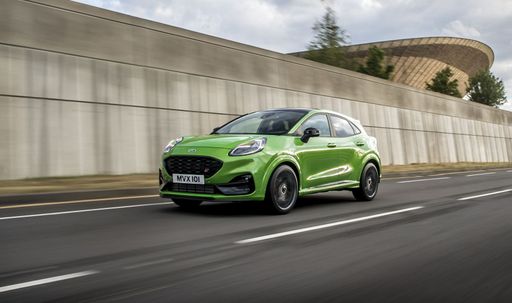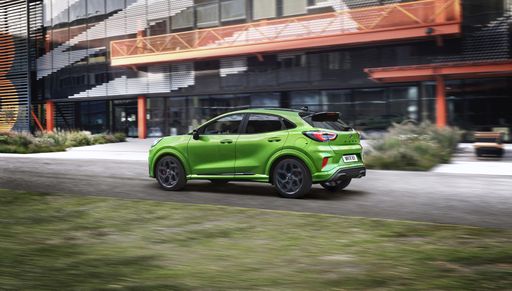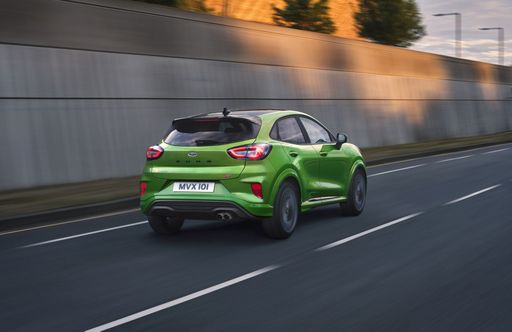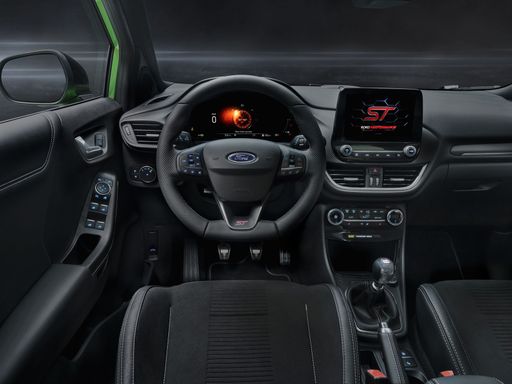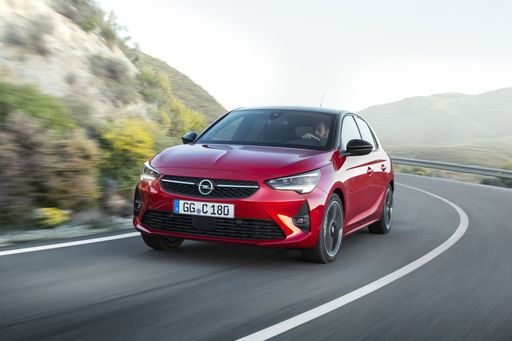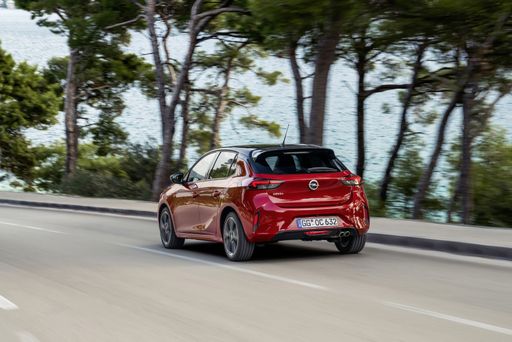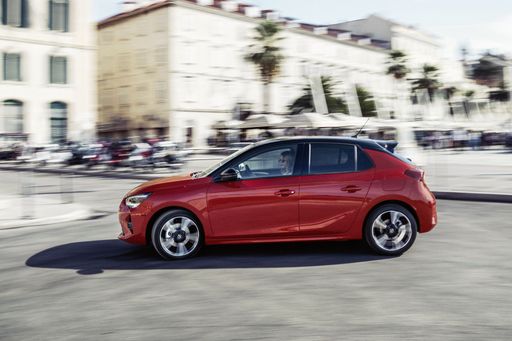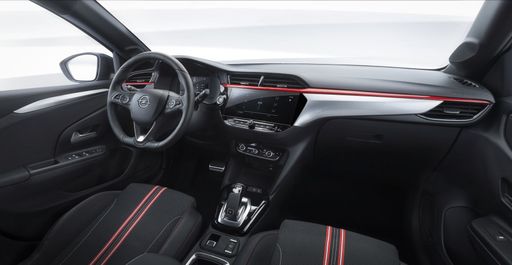Street Smarts and Personality
The small car segment has room for different attitudes, and these two arrive with distinct personalities. The Ford Puma leans into a cheeky, SUV-inspired stance that promises a bit more drama and presence on the pavement. The Opel Corsa plays its cards closer to the chest, favouring tidy proportions and everyday composure that suit city life. Choosing between them is as much about style as it is about practicality, so your taste will steer you before the spec sheet does.

